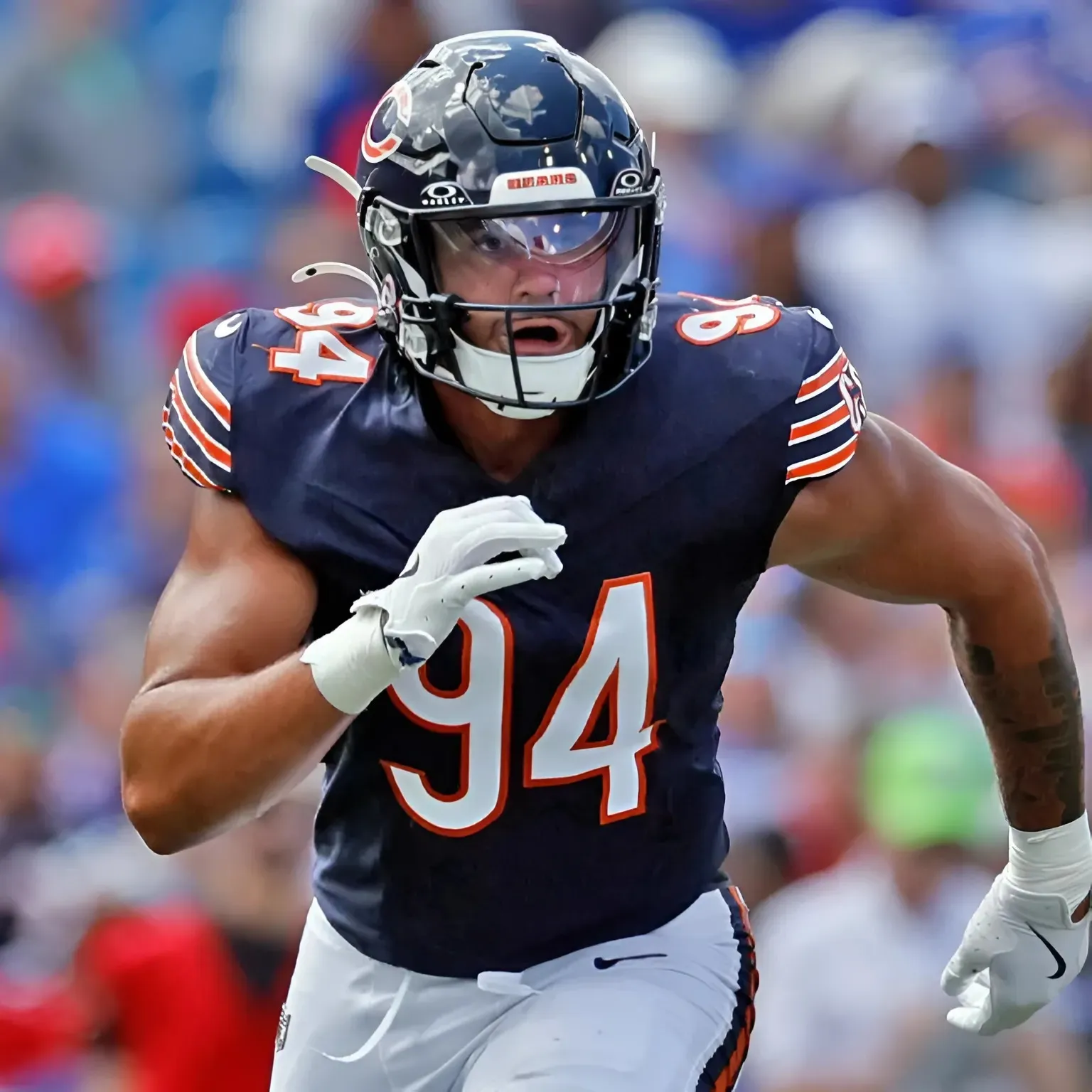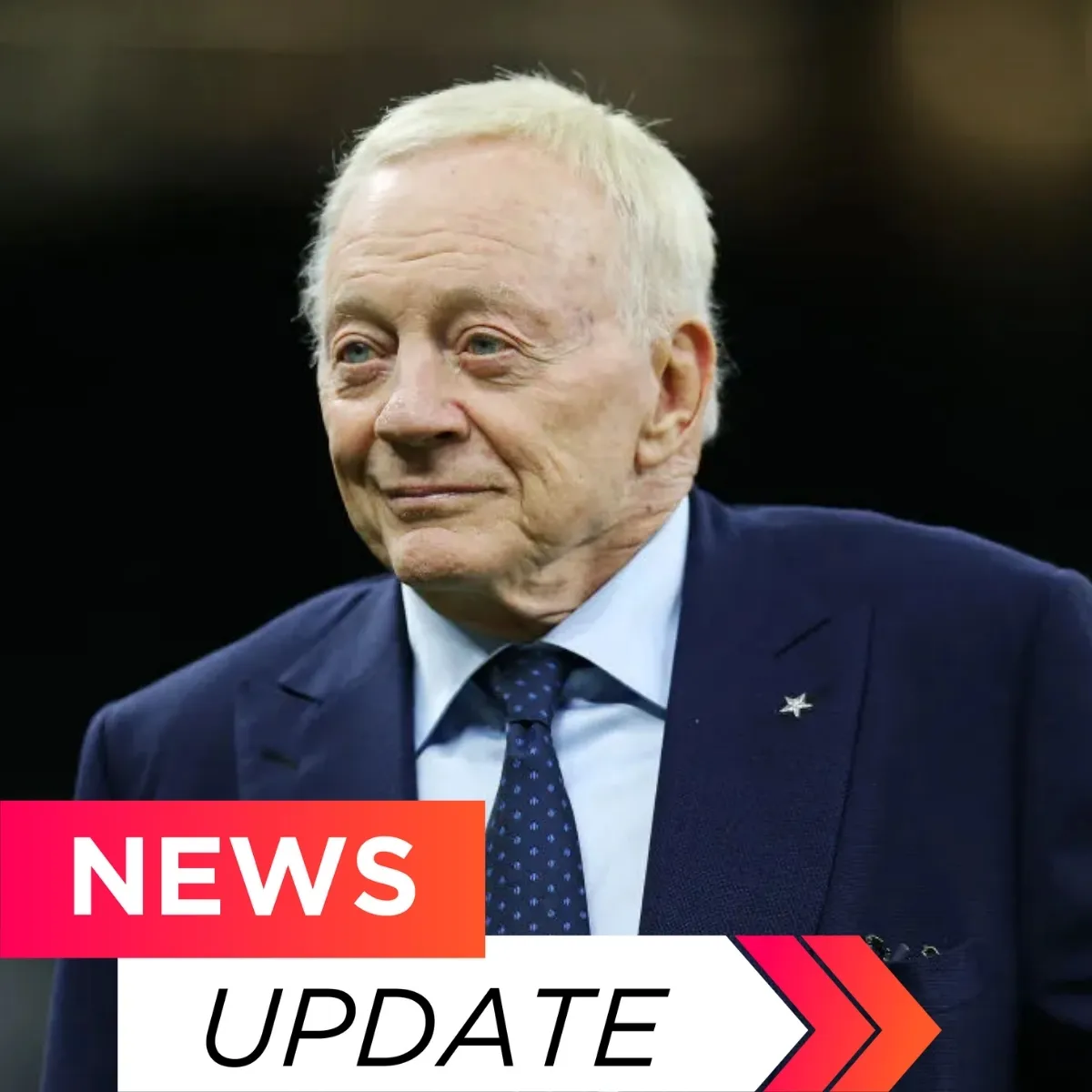The Vancouver Canucks re-signed multiple players this week, as 2026 pending free agents became eligible to sign extensions as of July 1.
Conor Garland signed a six-year extension with the team, carrying a $6 million cap hit annually. Meanwhile, the team also locked up goaltender Thatcher Demko on a three-year deal at $8.5 million per year. Each contract will kick in for the 2026-27 season.
Below is an analysis of how each extension looks for the Canucks.
Conor Garland can be a long-term option in the top-six
The Canucks originally acquired Garland from the Arizona Coyotes in the 2021 offseason, as part of the Oliver Ekman-Larsson trade. Since the move, Garland has been a steady contributor within the team's forward group, reaching at least 46 points in each of his seasons with the team. Across his time in Vancouver, Garland has produced at an 82-game rate of 50 points.
While Garland won't score a ton of goals, he did rank second amongst Canucks forwards in points this season. With the Canucks lacking pieces at the top of their forward group, especially following the J.T. Miller trade and Pius Suter's departure in free agency, keeping Garland around helps the team's offense.
A $6 million cap hit also marks a fair number, especially as the cap continues to rise. As a result, the Canucks have the opportunity to get pretty good value from the contract over the first few seasons.
Term could be the concern with Garland's deal
While Garland is a solid piece of the team's forward group, term could be the issue. Garland will be 30 years old when the deal kicks in, and it will not expire until he's 36 years old. As a result, there's some risk of a decline for the forward before the end of the deal.
Of course, a $6 million cap hit will be less and less significant with a higher cap as the years go on. So Garland's production doesn't necessarily need to sustain itself for the entirety of the contract to avoid it being an anchor in the later years.
The other potential negative to point out with the contract though is the trade protection. Garland has a full no-movement clause for the first three years of the deal, before turning into a partial no-trade clause for the final three years. The hope is that the first three years of the deal go well, to the point where the no-movement clause is a non-factor.
At the same time, a 15-team no-trade clause for the back half of the deal does limit the team's options, to an extent. If the Canucks needed to move off the deal later on, there could be some barriers in doing so.
Garland contract grade
With the contract, Garland signs his biggest deal yet. He'll be paid $36 million across the contract, and gets a lot of security with the length of the deal. Even if he hit free agency in 2026, it's difficult to imagine him getting a bigger contract at that point.
Ultimately, this is also still a fair deal for the Canucks as well. They keep a contributing forward in the fold long-term, and should get good value in the first half of the contract. Then even if we see a decline from Garland in the back half of the deal, his $6M cap hit will be less significant as the cap rises.
Grade: B
Demko helps to stabilize the crease in Vancouver
Article Continues Below
ClutchQuiz
Question 1 of 4
How many years is Conor Garland's contract extension with the Canucks?
4 years
5 years
6 years
3 years
Originally selected 36th overall by the Canucks in 2013, Thatcher Demko has spent his entire professional career with the organization. The netminder has spent the last six seasons as a full-time part of the team's roster, and has posted a .910 save percentage across 242 career games. At his best, he's also shown the ability to be a high-end starter.
A three-year deal is a good move for the Canucks, as it creates short-term stability without long-term risk. Demko will be turning 31 years old in the first season of the deal, so a shorter term limits the chance of decline.
The Canucks also previously locked up Kevin Lankinen on a five-year extension, which kicks in for the coming season. So between the two netminders, Vancouver should have a pretty capable tandem for the near future.
Demko's cap hit is higher than expected
While Demko has been great at times over his career, there's also some level of risk with the deal. He's struggled to stay healthy at times, and is coming off arguably the worst season of his NHL career. Across 23 games with the team in 2024-25, he managed just an .889 save percentage.
At an $8.5 million cap hit, Demko's deal comes in at a higher number than expected. If he can get back to being a 50-game starter who can post a .915 save percentage as previously seen, he'll be well worth it. At the same time, it remains to be seen how he bounces back and how often he's available.
Plus, Demko's deal also comes with a full no-movement clause for all three years. So the Canucks are locked into the contract for the full duration, and there's not much of a possibility to use the netminder as a trade chip without his approval.
The deal has the potential to work out well for the Canucks, but the cap hit and trade protection do leave reasons for concern.
Demko contract grade
For Demko, he gets a higher cap hit than expected, but does get less term security. At the same time, he also avoids the risk of lowering his value ahead of 2026 free agency if he doesn't bounce back next season.
For the Canucks, the team does look better with Demko still part of the tandem, and the limited term alleviates some of the concern. However, the cap hit is high, and the Canucks will be committing $13 million per year between Demko and Lankinen once 2026 rolls around.



